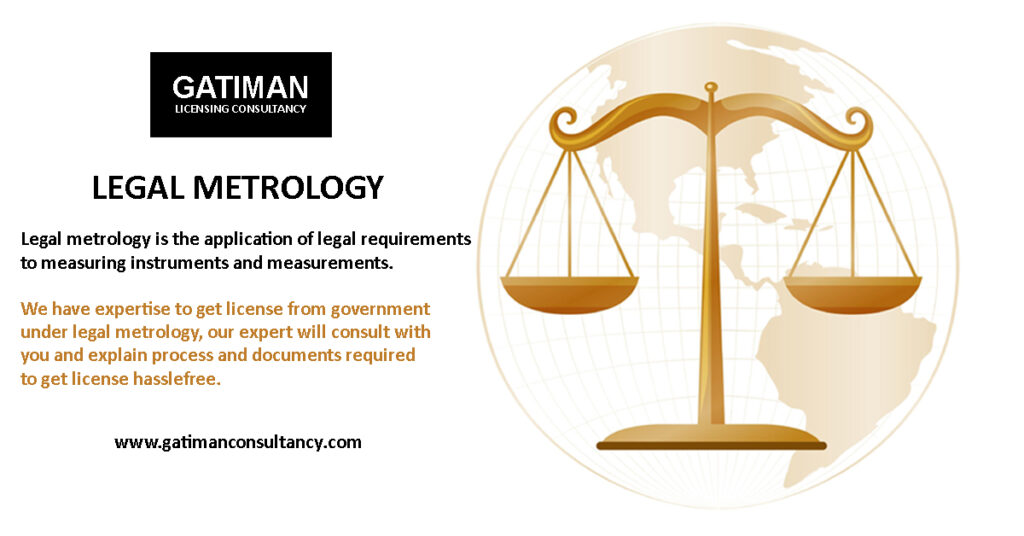About Legal Metrology
Legal metrology refers to the application of legal requirements to measurements and measuring instruments. It ensures accuracy, fairness, and reliability in trade, health, safety, and environmental protection. Governments regulate legal metrology to maintain consumer protection and confidence in measurement-based transactions.
Who Needs to Register for Legal Metrology?
Registration under legal metrology is mandatory for businesses and individuals involved in manufacturing, importing, selling, or using measuring instruments and devices. The following entities typically need to register:
- Manufacturers of weighing and measuring instruments.
- Importers of such instruments for commercial purposes.
- Dealers and traders who distribute or sell measuring instruments.
- Service providers engaged in calibration, verification, or repair of measuring instruments.

What Does Legal Metrology Include?
Legal metrology covers several key aspects:
- Verification and Calibration: Ensuring measuring instruments meet legal standards and perform accurately.
- Approval of Models: Certifying that new measuring instrument models comply with legal specifications before market introduction.
- Stamping and Sealing: Instruments are stamped with government-approved seals to verify compliance.
- Inspection and Compliance: Regular checks and audits to ensure continued adherence to regulations.
- Consumer Protection: Preventing fraud and ensuring transparency in transactions involving weights and measures.
Importance of Legal Metrology
- Consumer Confidence: Ensures fair trade by guaranteeing accurate measurements.
- Regulatory Compliance: Prevents penalties and legal issues for businesses.
- Standardization: Promotes uniform measurement practices across industries.
- Economic Stability: Facilitates accurate taxation, billing, and trade practices.
How to Register for Legal Metrology?
- Application Submission: Businesses must submit a registration application to the relevant legal metrology authority.
- Document Verification: Authorities review necessary documents, including business licenses, product details, and compliance certificates.
- Inspection & Testing: Instruments undergo testing to verify compliance with standards.
- Certification Issuance: Upon successful verification, a legal metrology certificate is issued.
Conclusion
Legal metrology plays a crucial role in maintaining accuracy and fairness in measurement-based transactions. Compliance is mandatory for businesses dealing with measuring instruments, ensuring consumer trust and regulatory adherence. Proper registration and adherence to legal metrology laws help businesses operate seamlessly while upholding integrity in trade and commerce.